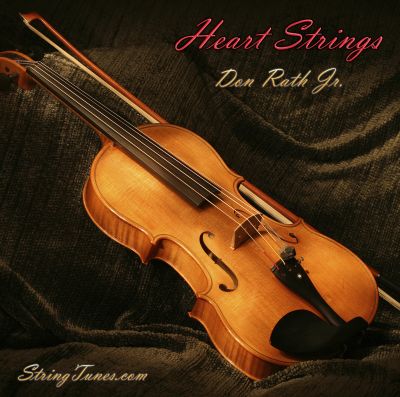Composers – Ludwig van Beethoven
Composers – Ludwig van Beethoven (1770-1827)
Birth: December 16 or 17, 1770
Death: March 26, 1827
Major Works
Symphonies No 1 (1800) and 2 (1802); Symphony No. 3 (Aroica, 1803); 6 String Quartets, Fidelio (1805); Missa solemnis (1823); Piano Sonatas No. 8 (Pathetique, 1799) and No. 14 (Moonlight, 1801); Symphony No. 9 (Choral 1824); Diabelli Variations (1823)
One of the most amazing of composers – Ludwig van Beethoven was born in Bonn Germany, at the time, a small University town on the Rhine River near Cologne, in a third floor attic room. His Father was an illiterate and lazy tenor singer, Johann van Beethoven. His Mother was Maria Magdalena Keverich who birthed seven children. Ludwig and two younger brothers survived infancy. Some confusion remains about the actual day in which he was born.
The compositions of Beethoven are enormously significant, in a sense, marking the transition period between the Classical Period and the Romantic Period in music. Some have claimed that he actually ushered in the new era. In my opinion, he lived in tumultuous time as the French Revolution was fully underway and this influence is seen in his work. As in most wartime periods, drastic political and social changes occur that directly and indirectly influence those living in such times. Beethoven was no exception.
What is of most significance about the story of Beethoven is that here was a man, who in his early twenties started to lose his hearing. As his life progressed, so did his hearing loss, he eventually wrote some of the most incredible music ever written while being completely deaf. Various accounts place the onset of his deafness at around 1799 which means that the majority of his best work was written without ever hearing it in the normal way. It is very difficult to imagine writing just the Symphonies Beethoven wrote while being deaf, let a lone the remaining and majority of his musical output.
His Music
Beethoven was well known for his improvisational skills. He gave his first public concert at the age of 25 years, on March 29, 1795. He completely astounded his audience with his fiery enthusiasm and virtuosity as a pianist, establishing a pattern of performance he carried with him throughout those early years while establishing himself as a significant composer.
Beethoven wrote in many styles however, most of his musical output uses the sonata form and the variation. His improvisational skills and his orchestral arranging skills provides the avenue of creating a wide variety of variations as common in his work. These are two of the compositional aspects of his music I am most totally impressed with. As an orchestrator, the complexity of and the uniqueness of his methods were frowned upon in his day and yet, to this day, they are a large part of the professional music instruction provided in our best Universities and they are considered profound in nature, scope and structure.
The Beethoven’s Symphonies are his more worldly known works. My favorite Symphony of his is Symphony No 9 in D minor, Opus 125 also known as “Ode to Joy” likely his most universal favorite. I hope you take some time to review two additional works by Beethoven that are absolutely beautiful, Eroica and the dramatic work Fidelio, also known as “Lenore”.
Please enjoy “Ode to Joy” Symphony No 9, Opus No125 below, compliments of Ernest Alba Channel on YouTube.
Leanard Bernstein opens the video with an excellent overview of the music of Ludwig van Beethoven.
Part 2
Part 3
For string performers, Beethoven wrote a series of String Quartets that are absolutely amazing. My favorite is Opus 18, No 1. The first movement is shown below, enjoy!Compliments of the Uvindian Channel on YouTube.
The second Movement for Opus No 18 No 1 is an adagio affettuoso ed appassionato. Well performed in this YouTube video series.
Movement No three is a Sherzo, allegro molto.
Movement No 4is an Allegro. It is at a faster paced and it so well written that is comes across as an adventure providing a proper conclusion to this excellent String Quartet, Opus No 18, No 1 by Beethoven.
Now that you have had a chance to listen to a couple of compositions by Beethoven, I hope you come to the conclusion that his contributions to both the Symphonic library and the String Quartet literature greatly enhanced these genres by those compositions created by this phenominal composer.
Beethoven changed the course of musical history in a time where even he was frowned upon for the considerable differences in his music when compared to the previous music heard throughout Europe at that time. Today, he continues to move people both emotionally and intellectually. His contributions can not be overlooked or ignored when studying music history if one is serious about this study. Beethoven certainly is one of the greatest Composers in the modern era.
Note: For more information about influential composers throughout time please visit our featured article Composers – An Overview of Music History.






I love Beethoven’s compositions, they are so energetic! Even when I feel tired they give me strenth to stand up and keep doing something.